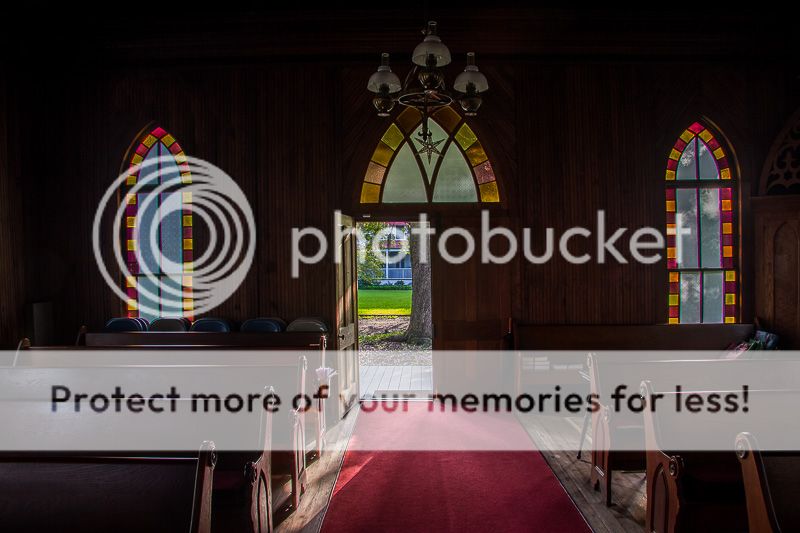Hi, Asher,
Is this still used or just when the congregation gets packed at Easter and Christmas?
Traditionally, a
chapel of ease was a separate, smaller chapel that was located where it would be easier for congregants that were elderly or disabled to reach (as when the main church was high on a hill). Sometimes is is the building that had been the original church, but now there is a big new one (in a less convenient location) and the original one is placed in this special service.
Of course I have no idea about the present circumstances of the lovely building depicted here.
************
Well, I see from the parish Web site that at least the current situation is a bit different from the classical one. The chapel of Ease is not in the same town as the "main church" and is considerably newer.
************
The Episcopal Diocese of South Carolina has suffered from a "secession" much as happened in the Episcopal Diocese of Fort Worth.
The "Protestant Episcopal Church in the Diocese of South Carolina" is in fact
not a part of The Episcopal Church. In 2012, the bishop and most of the clergy left The Episcopal Church, motivated by what they found to be an unacceptable (in fact, "un-Biblical") shift in the liberal direction in the policies and practices of The Episcopal Church (such things as ratifying the election by the Episcopal Diocese of New Hampshire of a homosexual priest in a committed relationship as their bishop, and favoring moving toward the acceptance of same-gender marriage). They adopted the name "Protestant Episcopal Church in the Diocese of South Carolina" for the religious organization they formed.
"The Episcopal Church in South Carolina", of which St. James-Santee Episcopal Church is a part,
is in fact a part of The Episcopal Church, in effect a "reconstructed Episcopal Diocese of South Carolina".
A number of years ago Carla and I were involved in a similar maneuver in The Episcopal Diocese of Fort worth, and in fact helped to found a new parish church, the Episcopal Church in Parker County, part of the "reconstruction" of the Episcopal Diocese of Fort Worth after the bishop and most of the clergy left The Episcopal Church.
Those with an interest in this whole silly and repulsive matter may find this article interesting:
http://dougkerr.net/Pumpkin/articles/Episcopal_Civil_War.pdf
Its current issue dates to before the South Carolina "secession".
Best regards,
Doug









